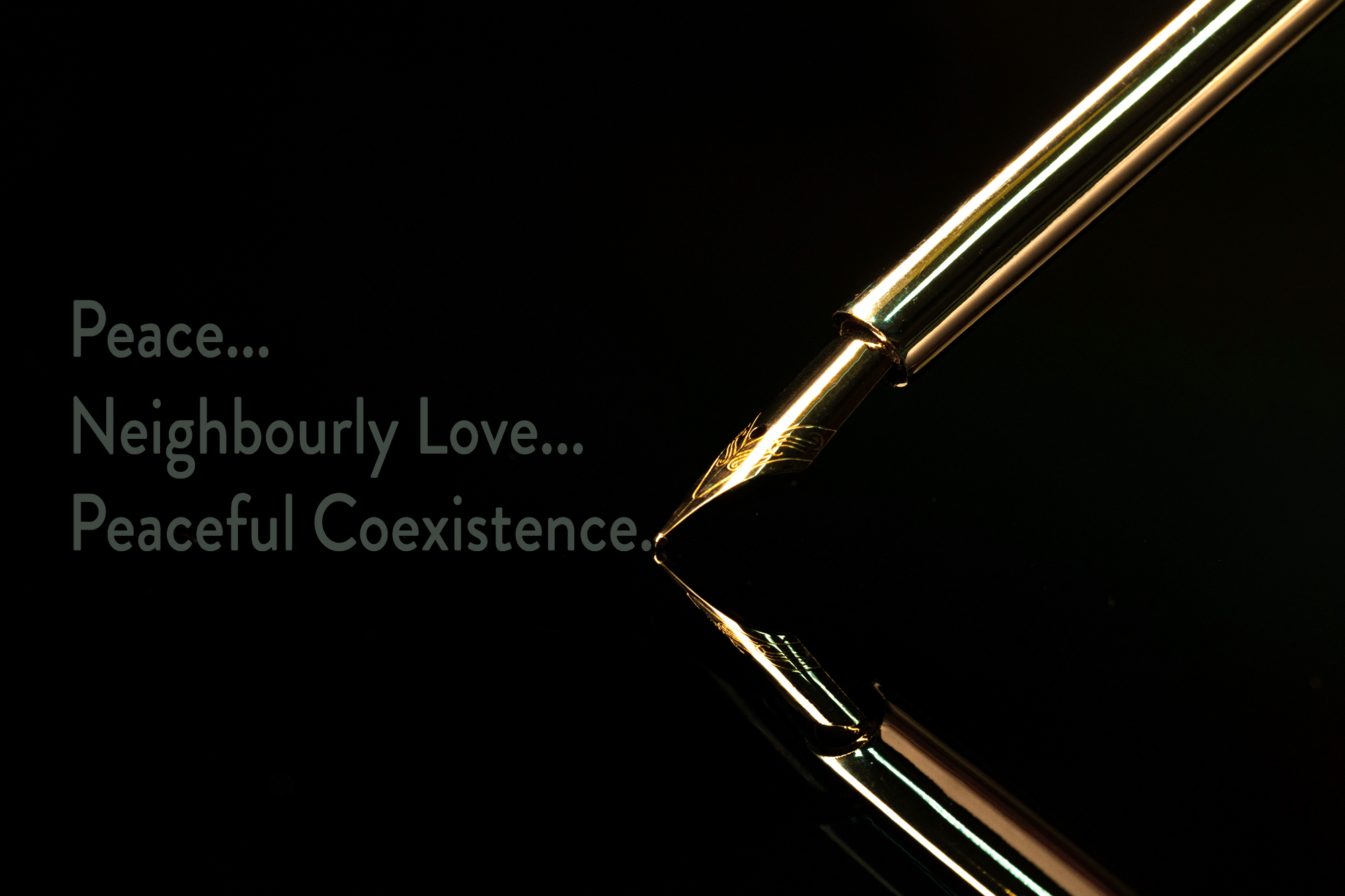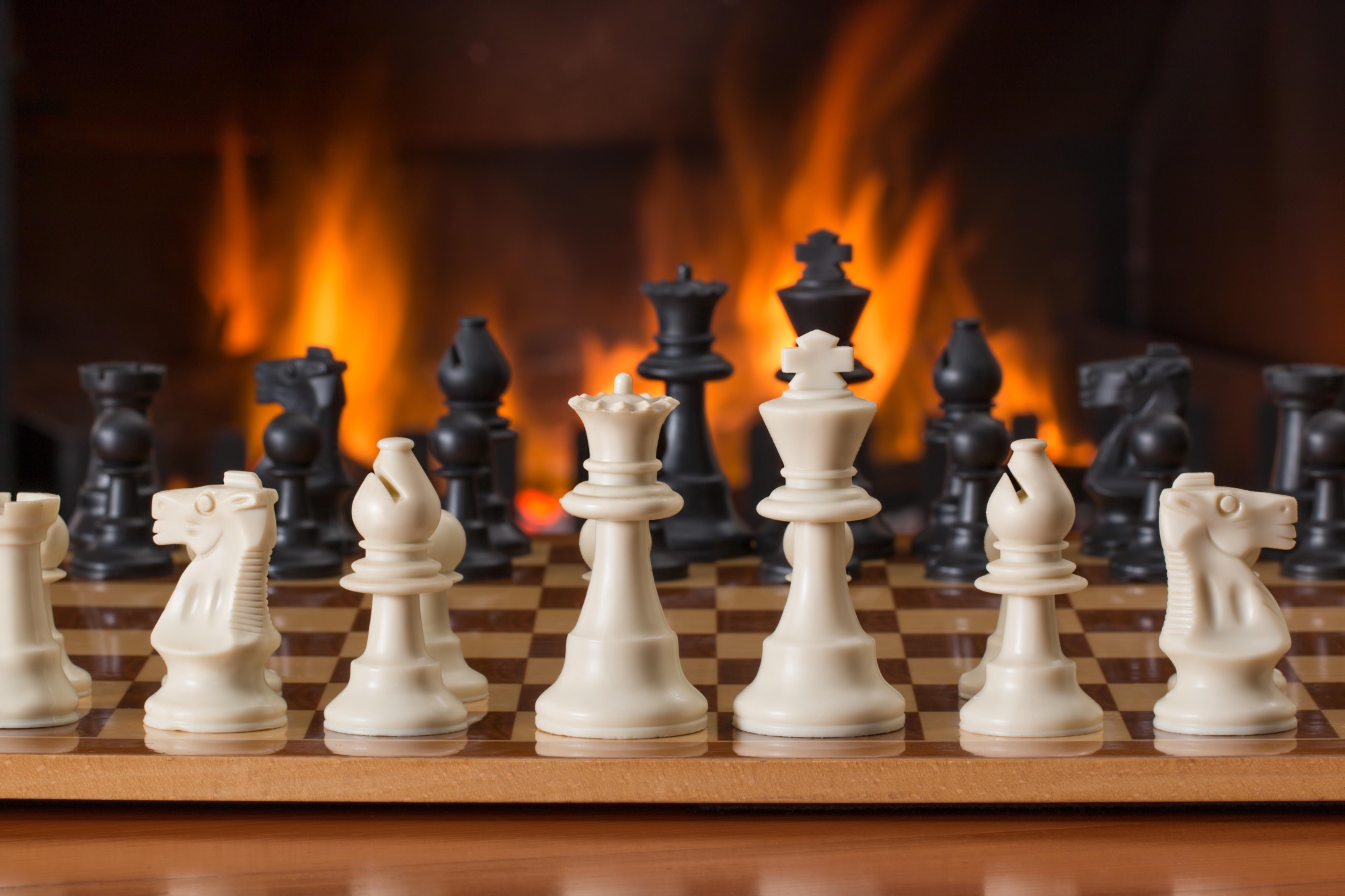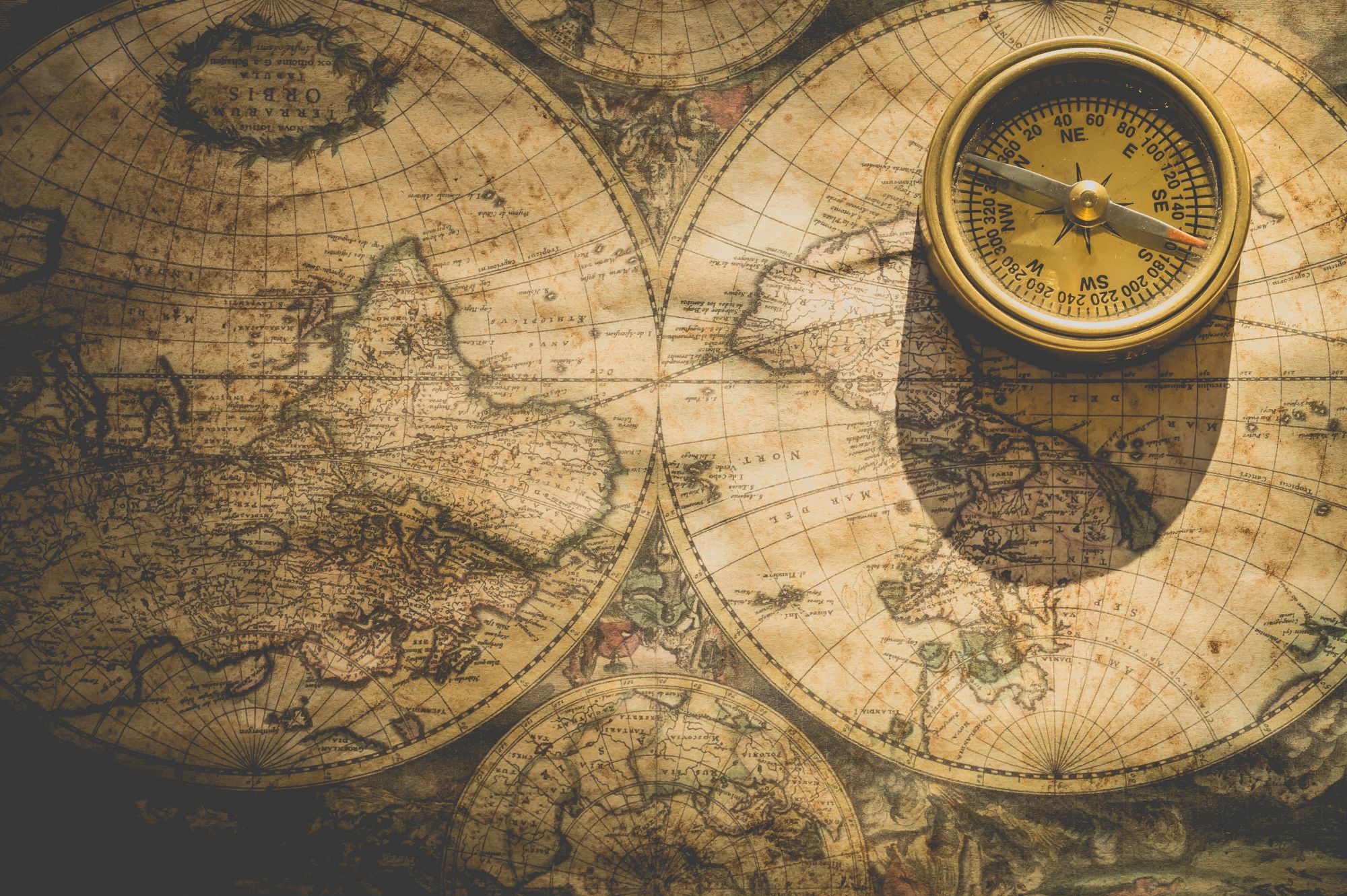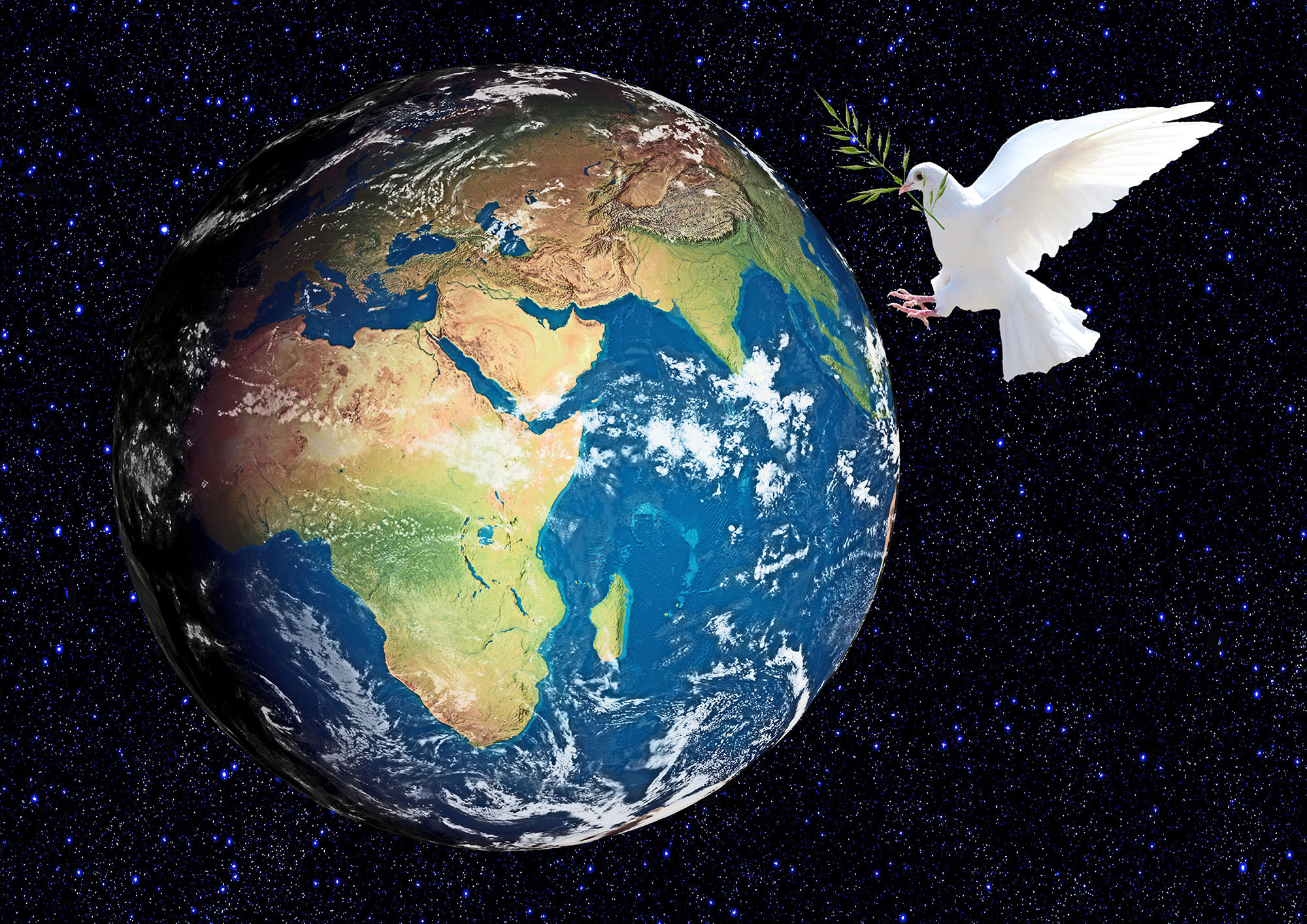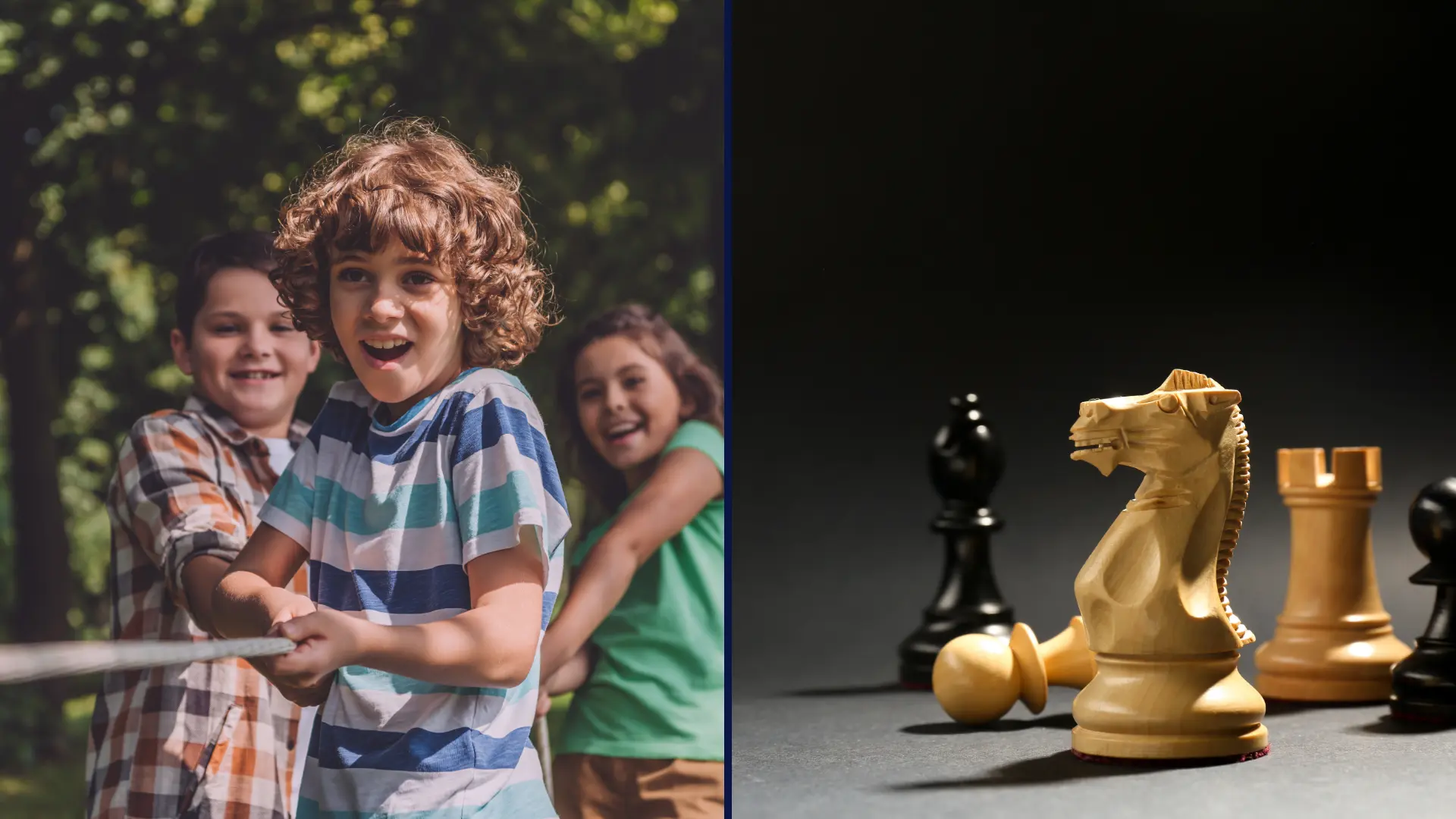
The times have been dark indeed before. Dark in the sense of tragic and dreadful actions ahead. Not because people were unable to differentiate good from bad. Is it really alright to do anything just for money? Kill, destroy, and then occupy and build with what you have to sell?
Earning money this way: When a country is destroyed completely you have a 100% growth rate in a few decades to come.
And one or the other of those recently appointed to ‘leadership’ in the US may reckon they wouldn’t care too much, since they probably won’t live that long anyway…
Just yesterday a court of law ruled that the legal action against Mr. Trump, president-elect, be dropped for the time being. Since it is about the election 2020 and the proven manipulation of results, this could be the end of it because the statute of limitations might be reached by the time Trump leaves office again.
If he does at all…
The increasing postings online of frightened and worrying ‘brains’ (intelligentsia: people who are well-educated and use their knowledge productively) in the USA thinking of actually leaving a country that has been almost the epitome of freedom of thought and opinion for generations, proves dark times, indeed.
So many signs are there to promise that he will try and become another dictator, similar to Putin’s way to power in Russia… We may not be let go this time anymore.
‘We’, because the power balances in place since World War II let anything the USA and their foreign policies start, have a forceful impact on Europe – and indeed the world.
I still believe that we need to take a closer look at what is gong on at the moment, in politics and especially media:
Be careful to see the signs and stop war-mongering. Stop propaganda. It’s completely unnecessary!
Because, no woman, mother, father, child, brother or uncle deserves to be killed just because a few companies will profit by selling weapons and supplies – and the ones in power are too lazy to do their job properly, keep peace, negotiate – and find better ways of work than weapon factories.
